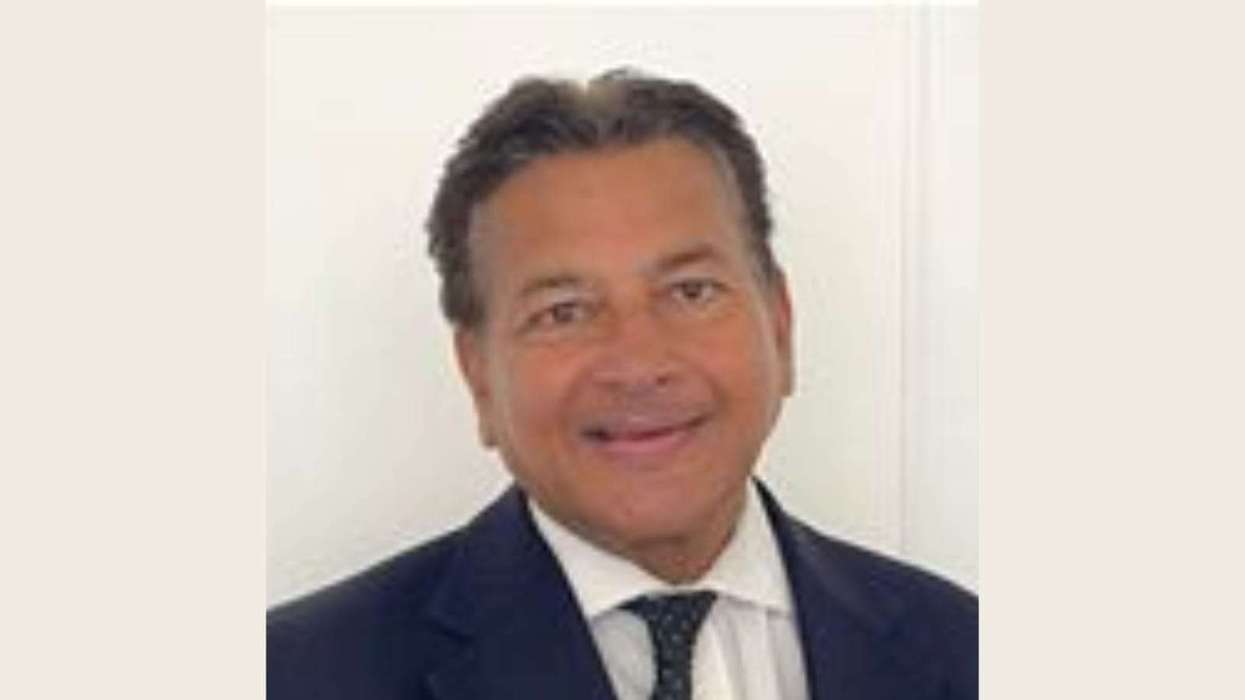BRITAIN is taking a cautious approach as it decides how many under-18s should receive the Covid-19 vaccine.
A scientist says there is a "delicate balance" between benefits and risks when it comes to inoculating the under-18s.
As of now 75 per cent of UK adults have had both the shots, as scientists try to learn about any side of the jab for this cohort.
Prof Adam Finn, who sits on the Joint Committee on Vaccination and Immunisation (JCVI) which advises the government, told BBC Breakfast: "Most young people who get this virus get it mildly or even without any symptoms at all.
"But we are seeing cases in hospital even into this age group - we've had a couple of 17-year-olds here in Bristol admitted and needing intensive care over the course of the last four to six weeks - and so we are beginning to see a small number of serious cases.
"What we know for sure is that these vaccines are very effective at preventing those kind of serious cases from occurring."
At the moment in the UK, 16 and 17-year-olds are only invited to take an initial dose, unlike older groups, no second dose is being scheduled.
Prof Finn said UK experts were "cautious" about the timeline for second doses as they wanted to "learn more about rare side effects" after reports of myocarditis - inflammation of the heart muscle - among some young people were reported in the US and Israel.
"So we're going cautiously down through the ages and we're using the vaccine where it's safe and effective and where the benefits are clear," he said.
NHS England said nearly 16,000 16 and 17-year-olds had already received their vaccine over the weekend. According to the ONS, there are 1.4 million people of that age in the UK.
Prof Finn also said a third or booster Covid jab is likely to be necessary for people with weak immune systems but it was still unclear whether it would be needed for all over-50s.
"I think it's becoming quite clear that there are a small group of people whose immune responses to the first two doses are likely to be inadequate - people who've got immunosuppression of one kind or another, perhaps because they've got immunodeficiency or they've been receiving treatment for cancer or bone marrow transplants or organ transplants, that kind of thing.
"I think it's quite likely we'll be advising on a third dose for some of those groups."
However, health secretary Sajid Javid has said that he expects booster jabs to start being rolled out from "early September".












